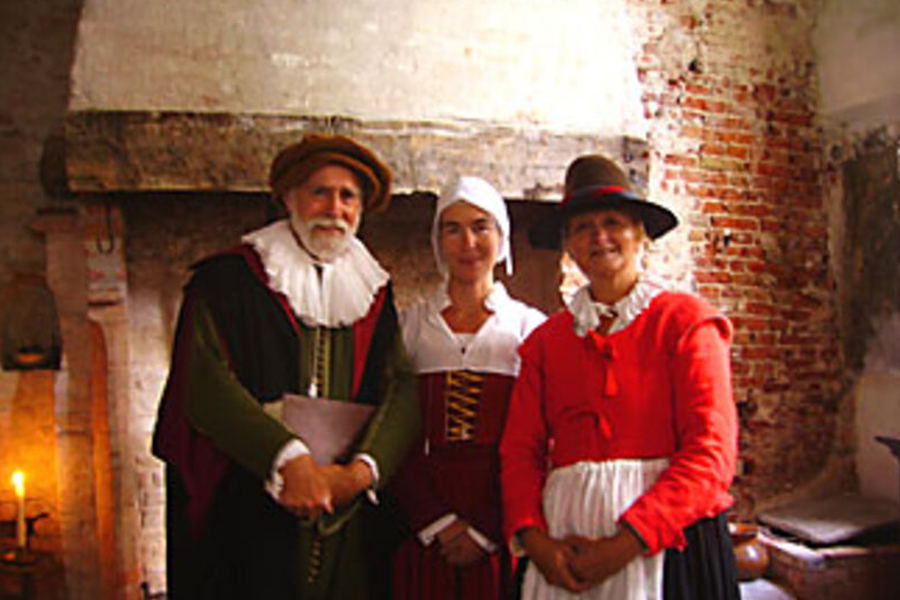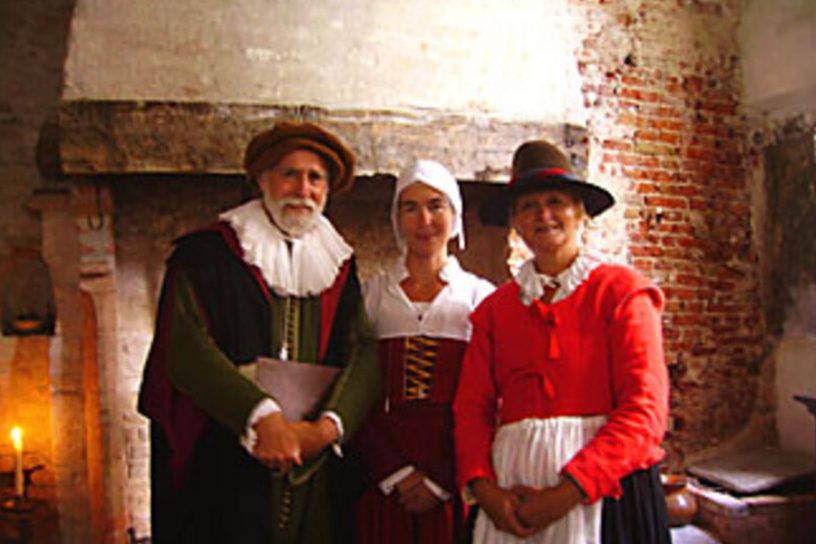
This article centers experiences of women’s pilgrimages in medieval Europe and wandering Asian seeker-scholars in the ancient world to invite inquiry into mobility as a complex, normative paradigm and an imaginative re-engagement with its multi-faceted implications for learning.
Author
Kalyani Unkule, Associate Professor, Jindal Global Law School, O.P. Jindal Global University, Sonipat, Haryana, India.
Summary
In higher education internationalisation literature, mobility has almost exclusively been analysed with reference to study abroad for academic and professional development purposes.
The cost incurred is an impoverishment of frames to guide the exchange student, to converse with the nomad-scholar, and to make sense of knowledge from the borderlands. Not only has the COVID-19 pandemic been a shock to conventional expectations about mobility but it has also presented an opportunity to engage with the justifications, ethics, and limits of travel, anew.
This article centers experiences of women’s pilgrimages in medieval Europe and wandering Asian seeker-scholars in the ancient world to invite inquiry into mobility as a complex, normative paradigm and an imaginative re-engagement with its multi-faceted implications for learning.
Published in: Journal of International Students
To read the full article, please click here.


